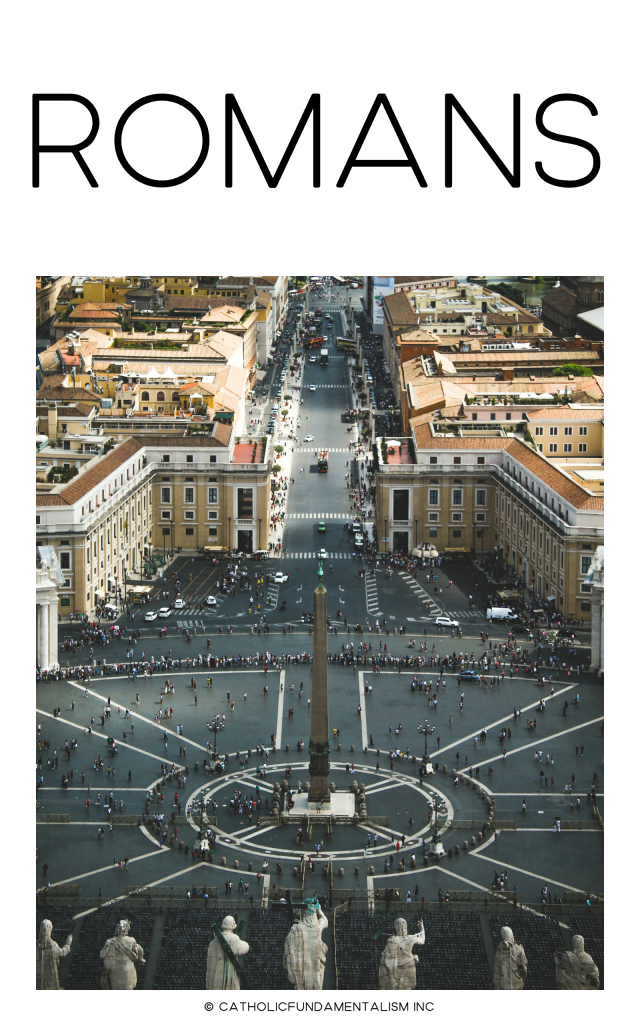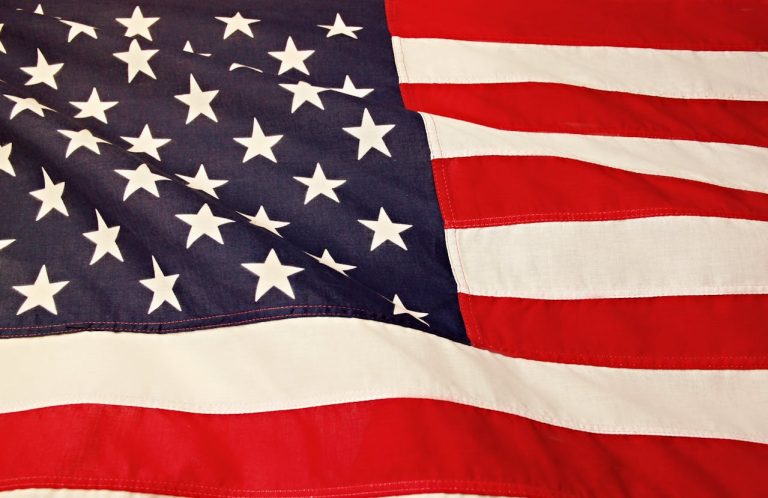We saw the “Housing Bubble” burst in 2008. A few years before that, the “Internet Bubble” burst. We can go back to the “Tulip Bubble”, the “South Sea Bubble”, and the “Mississippi Bubble” to see that the desire for financial gain can overshadow financial realities.
Today, there are lots of bubbles.
Education is one of the biggest bubbles. We do not need millions of overpaid “educators” prattling on and on in countless classrooms. Better education can be provided by a handful of super-teachers who use computer programs to educate students at home.
The “Higher” education bubble is particularly susceptible to being popped. There is absolutely no need for millions of students to waste four years learning what they could download in a year or two, without leaving their dwelling. A few thousand of the world’s best teachers could provide all the teaching services that are necessary. The trillion dollars in student debt could be eliminated. More importantly, the five years that are now wasted on often useless Bachelors degrees could be reduced. Students would no longer be enslaved to fraudsters in the bubble.
The “Medical Bubble” is another that could be replaced with Internet Physicians who could diagnose and prescribe the necessary medicines, mailing them directly to patients. Medical treatments would be better, more timely, and most hospital stays could be eliminated by quicker treatment. Blood, urine, and other samples could be taken at home, analyzed on home computers, providing for prompter diagnoses than are currently available. Costs would plummet. Another bubble would burst.
As costs go down, those outside the bubble would become more prosperous as their unnecessary expenditures were reduced. So, the “Bubble People” spend heavily to influence legislation that protects their particular bubble.
Every government activity not mandated by The Constitution is a bubble. Actually, we may extend that principle to Europe. They do not have a Constitution like ours, but they do have some remnants of common sense. We may see from their problems that anything not based on common sense is a bubble.
When too many bubbles burst, there is war. First, the war is within the nations whose bubbles have burst. When all the looting that can be done is finished, it extends to other, weaker nations.
After the wars are over, more bubbles are blown. The process repeats.








